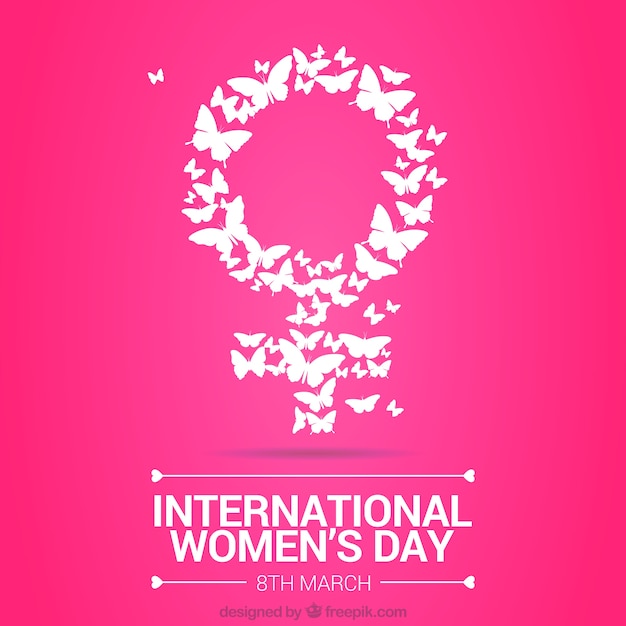March 8 International Women's Day.
Today I want to share with you the story of why it is celebrated and commemorates International Women's Day.
Let's start:
It all begins on February 28, 1909, when it was held for the first time in the United States, Socialist Women's Day. Then
in 1910 at the Second International Conference of Socialist Women (in
Copenhagen), the demand for universal suffrage for all women was
reiterated. Luise Zietz and Clara Zetkin were the main drivers. This would be fixed in the event and would be established March 8 as the International Day of Working Women.
Zetkin drew up a proposal that was endorsed by more than 100 women from 17 countries attending the conference. This was intended to advance equality of rights and universal suffrage.
International Women's Day was first held on 19 March 1911 in Germany, Austria, Switzerland and Denmark. Meetings
were held attended by millions of women who demanded the right to vote,
to hold public office, also to work, to vocational training and to
non-discrimination in the workplace.
That same year (1911), but on March 25, a tragedy occurred in a shirt factory located in New York. It was one of the largest industrial disasters in the history of the United States. The textile workers died because they could not leave the factory in flame, died from burns, landslides and smoke inhalation; Others committed suicide by not seeing escape. Most of the female employees were young immigrants in their twenties.
The owners of the factory had closed the doors of the stairs and sealed the exits to avoid the robberies. This
disaster led to major legislative changes in labor issues and led to
the creation of the International Textile Workers' Union. The fire at the Triangle Shirtwaist factory is the main thing remembered on March 8, commemorating all those working women.
From 1922 to
1975 the International Women's Day was institutionalized thanks to
Alexandra Kollontai, who, as the People's Commissar for Public
Assistance, obtained the vote for women, the legality of abortion and
divorce, achieved that March 8 established the official party. The event began to be celebrated all over the world. China celebrates it from 1922 and Spain since 1936.
The UN began
celebrating International Women's Day, where the UN General Assembly set
March 8 as the International Day for Women's Rights and International
Peace. This made other countries officially put this day in their calendars.
These are just
some historical facts about this day, however, I think that it is still a
long way before all countries are respected, valued, supported, given
the same rights as men, given more opportunities and empowered women and not just once a year but 365 days and 24 hours a day. Let us strive to not continue to live many women harassment, beatings, discrimination, etc., by the mere fact of being women.








Comentarios
Publicar un comentario